How Green Hydrogen Research in Europe is Shaping Careers for a Sustainable Energy Future!
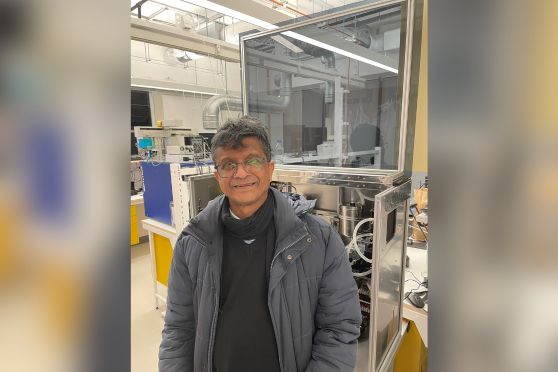

Are you an aspiring scientist or an engineer who seeks to gain insights on how the latest advancements in green hydrogen can revolutionise the renewable energy sector and pave the way for a sustainable future?
Spearheading groundbreaking work in green hydrogen production is Professor Joydeep Dutta at the KTH Royal Institute of Technology in Stockholm, Sweden. His latest innovation eliminates the need for traditional separators in the production of green hydrogen, thereby minimising the risk of explosive gas mixing.
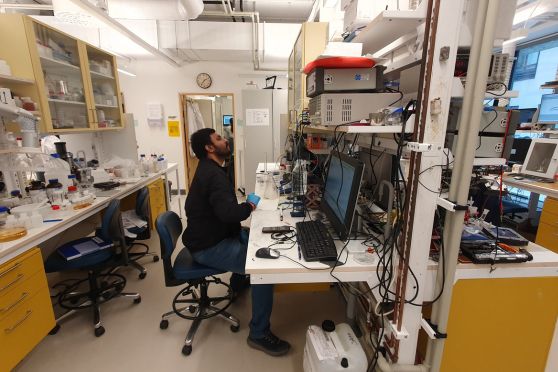
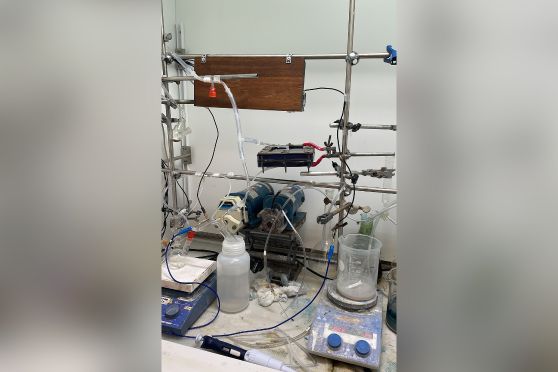
When The Telegraph Online Edugraph caught up with Professor Dutta for an exclusive conversation on this advancement, he informed us, “Producing hydrogen by splitting water has traditionally been risky due to the explosive nature of hydrogen and oxygen when mixed. Scientists typically use a membrane to keep them separate, as both gases are produced simultaneously during water breakdown." This patented technology is the focus of a peer-reviewed research paper titled Decoupled Supercapacitive Electrolyzer for Membrane-Free Water Splitting and has been published in the Advances from the American Association for the Advancement of Science (AAAS) journal. In a world grappling with pressing environmental challenges, this discovery has opened up new avenues for safer and more efficient energy production.
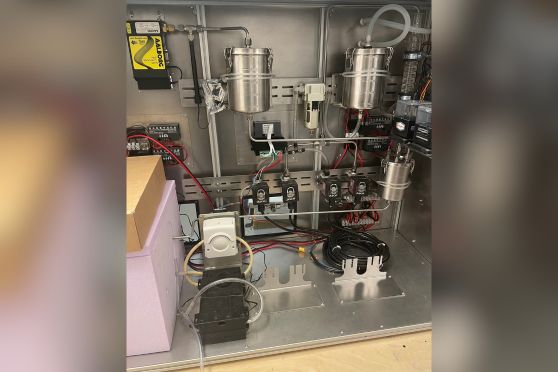
Industrial Applications and Impact
Subsequently, when we asked Professor Dutta about the industrial applications of this technology, he reiterated that its implications extend far beyond academic achievement. “Hydrogen is versatile. Technologies already available today use a variety of fuels that are able to produce hydrogen, including renewables like nuclear material, natural gas, coal and oil. However, their availability are not always well matched with demand, and so, hydrogen is considered to be one of the leading options for storing energy from renewables as a low cost and convenient option.” Hence, clean hydrogen transformed into electricity can completely change both domestic and industrial power consumption patterns. In fact, Professor Dutta's method is currently being industrialised by Caplyzer AB in Stockholm, offering a cost-effective alternative for pressurised hydrogen production.
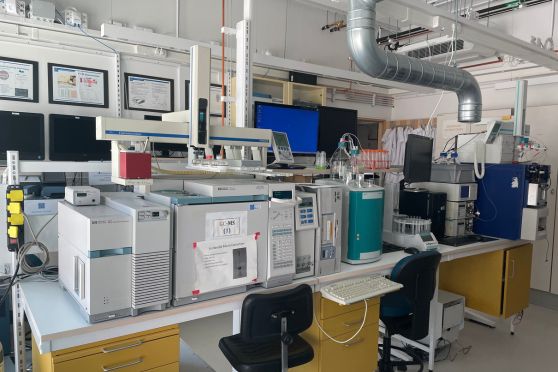
Notwithstanding a time when Artificial Intelligence has emerged as the most disruptive technology impacting the research and development space, Professor Dutta incisively observed, “AI will influence the operation of these systems helping to control them and learning from the operation over time, optimise the best conditions to productively produce hydrogen. We have already begun using this technology.”
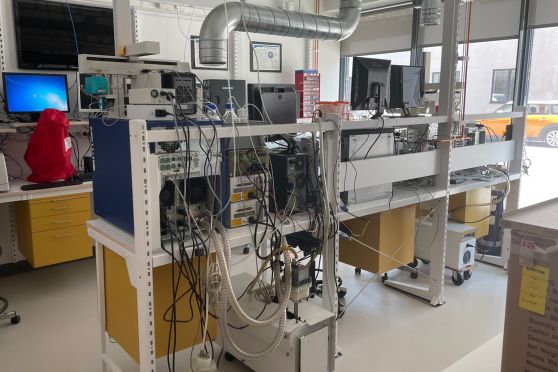
Career Advice for Aspiring Scientists
In light of the discussion so far, The Telegraph Online Edugraph enquired of the innovator about the research and career opportunities for young researchers in the sustainable energy production arena, particularly, in green hydrogen innovation?
Professor Dutta emphasised that energy is poised to be the cornerstone of future national development. Although batteries are theoretically ideal for storing renewable electricity, current costs hinder widespread adoption of grid-scale battery storage solutions due to their high expense per peak watt. “Careers in green hydrogen production, as well as solar and wind energy production, are increasingly vital for the future. The demand for engineers to plan such projects, execute and maintain the production plants is rising by the day. Further, scientists in nanotechnology who are adept at sustainable engineering applications, specifically, in water cleaning, green hydrogen production and shelf-life improvement of grocery, are going to be vital contributors to society at large.”
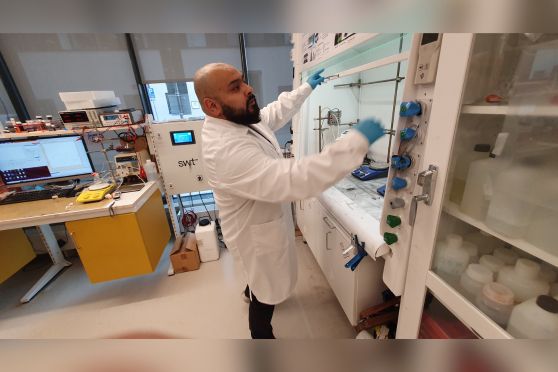
Research and Career Opportunities in Europe
Further on, we asked Professor Dutta about the career opportunities for young researchers and students at his university specifically, and in Europe, in general.

He shared with us that at the KTH Royal Institute of Technology, which commands a QS Rank 73 on the Top 100 Institutions in the World list, “all the masters programmes are taught in English. Sweden is a safe, multicultural and environmentally conscious place, and students from across the globe are warmly welcomed. Students get exposed to the research happening on an international level and are also provided with hands-on training in our programmes.”
Our exclusive interaction highlights the transformative potential of green hydrogen technology in shaping a sustainable future. As we have seen, the transition from cutting-edge research to real world impact exemplifies the possibilities that arise when education, innovation and passion converge. We hope that as students chart their course from campus to careers, Professor Dutta's insights inspire the next generation to embrace new age career opportunities in the domain of sustainable energy.